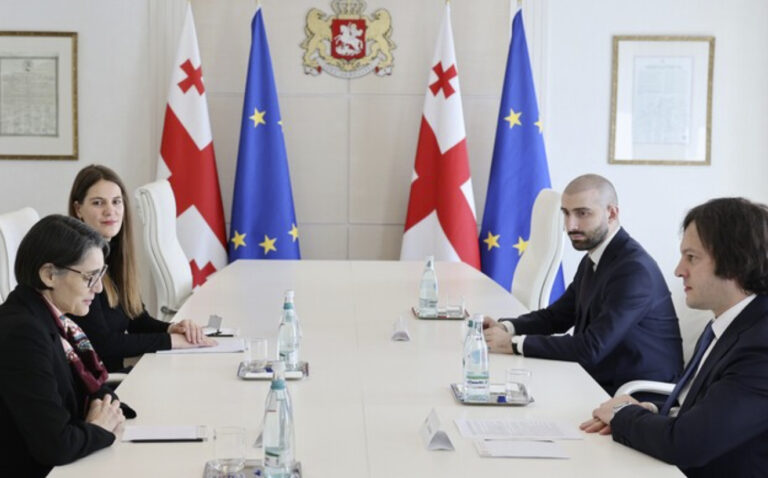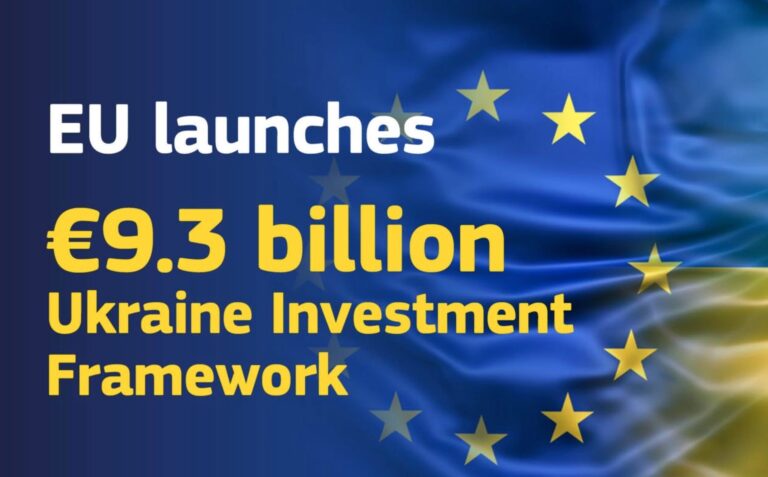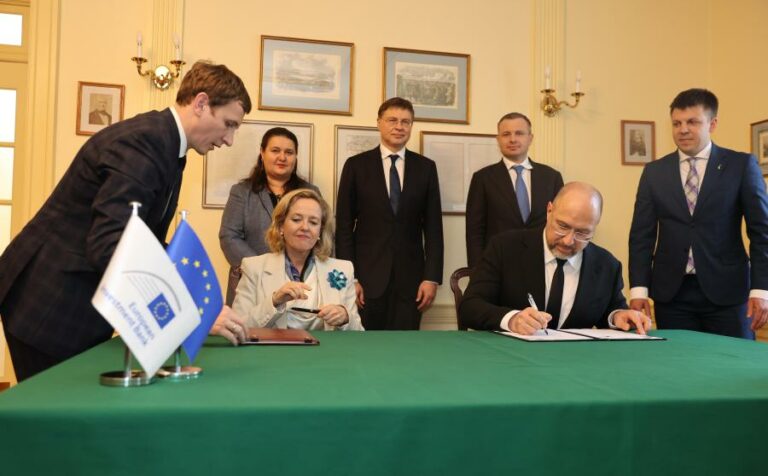
Council Presidency and European Parliament provisionally agree not to accept Russian travel documents issued in occupied Ukraine and Georgia
On 10 November, the Council Presidency and the European Parliament reached a preliminary agreement on a decision not to accept Russian travel documents issued in Ukraine and Georgia. The agreed text is subject to approval by the Council and the European Parliament before formal adoption.
This decision is a response to Russia’s military aggression against Ukraine and its practice of issuing Russian passports to residents of the occupied regions. It also follows Russia’s unilateral decision to recognise the independence of the Georgian territories of Abkhazia and South Ossetia in 2008.
Russian travel documents issued in the Russian-occupied regions of Ukraine or the breakaway territories of Georgia, as well as to persons residing in these regions, will not be accepted as valid travel documents for obtaining visas or crossing Schengen borders.
Russian travel documents issued in these regions are no longer recognised or are in the process of non-recognition by the EU Member States. This decision is therefore aimed at developing a common EU approach and ensuring the proper functioning of the external border.
Find out more
MOST READ
SEE ALSO

EU Civil Protection Mechanism delivers powerful transformer to Ukraine

Voice Your Vision: Young European Ambassadors take part in European Forum of Young Leaders in Warsaw

Recently appointed Head of EU Monitoring Mission meets with Georgian Prime Minister

Investments for recovery: EU sets up Investment Framework under its Ukraine Facility

EIB and Ukraine Government to accelerate deployment of financial support and project execution on the ground
More campaign pages:
Interested in the latest news and opportunities?
This website is managed by the EU-funded Regional Communication Programme for the Eastern Neighbourhood ('EU NEIGHBOURS east’), which complements and supports the communication of the Delegations of the European Union in the Eastern partner countries, and works under the guidance of the European Commission’s Directorate-General for Neighbourhood Policy and Enlargement Negotiations, and the European External Action Service. EU NEIGHBOURS east is implemented by a GOPA PACE-led consortium. It is part of the larger Neighbourhood Communication Programme (2020-2024) for the EU's Eastern and Southern Neighbourhood, which also includes 'EU NEIGHBOURS south’ project that runs the EU Neighbours portal.

The information on this site is subject to a Disclaimer and Protection of personal data. © European Union,







